Common Eye Myths
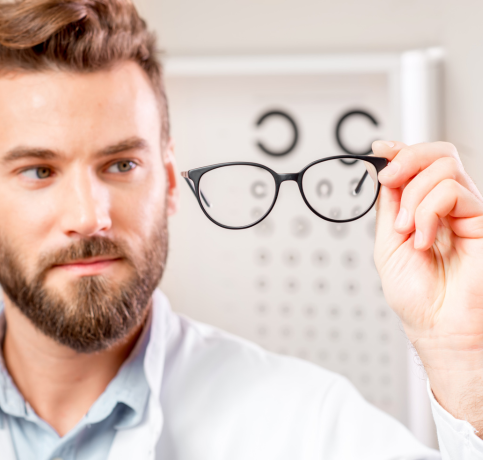
Myth: Failure to use proper glasses will hurt your eyes Fact
Corrective glasses or contacts are needed to improve eyesight. However, using your eyes with or without glasses will not damage them further.
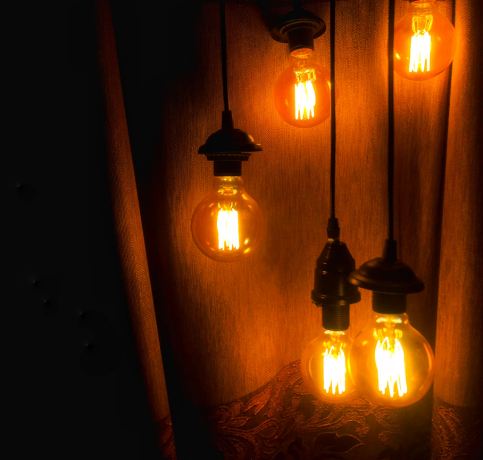
Myth: Reading in dim light can damage your eyes Fact
Reading in dim light can cause eye fatigue, but it will not hurt your eyes.

Myth: Eating carrots will improve your vision Fact
Carrots are high in Vitamin A, which is an essential vitamin for sight. However, only a small amount is necessary for good vision.
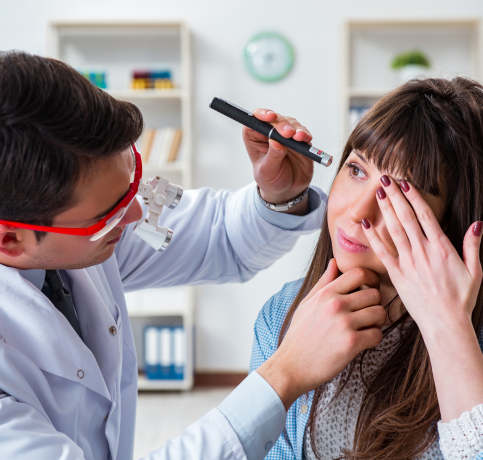
Myth: There’s nothing you can do about preventing sight loss Fact
Regular eye exams and proper safety eyewear can save your sight.
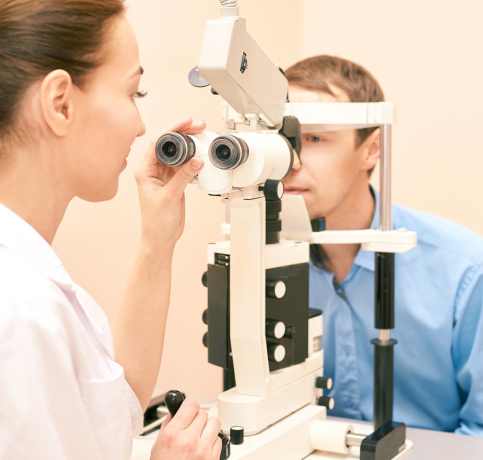
Myth: An eye checkup is only necessary if you’re having problems Fact
A proper eye examination should be done, whether or not there is any noticeable sign of problems.
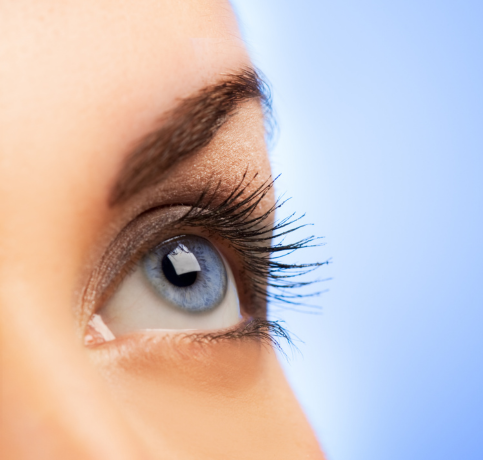
Myth: Your sight will wear out if you use it too much Fact
Eyesight cannot be worn out by use. Use it as much as you want.

Myth: Electric lighting is bad for the eyes Fact
Good lighting is a valuable aid to vision. It doesn’t matter if it is electric light, sunlight, or another good light source.
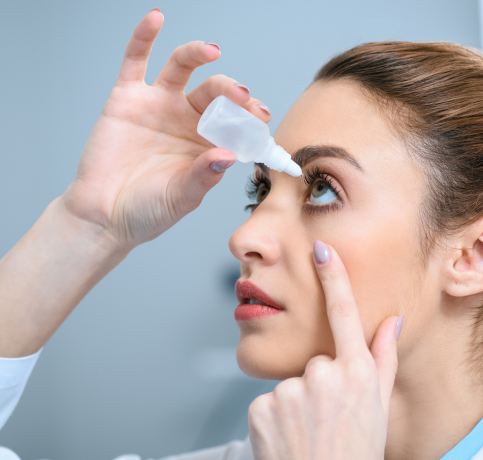
Myth: Eye drops can eliminate the need for glasses Fact
An eye drop that can cure refractive errors has not yet been invented. The only scientifically proven solutions for a refractive error are spectacles/ contact lenses and refractive surgery. The latter however, can be thought of only after 18 years of age.

Myth: Using computers can damage your eyes Fact
Using computers or video display terminal will not harm your eyes. You can develop computer vision syndrome after looking at one for long periods of time.
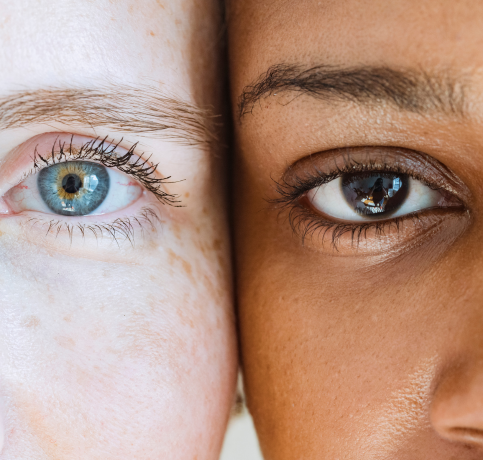
Myth: Eyes can be transplanted Fact
Eyes are connected to the brain by the optic nerve; there is no way to transplant a whole eye. The optic nerve is made up of millions of nerve fibers. The nerve can’t be reconnected once it is severed. It is the cornea that has been successfully transplanted.
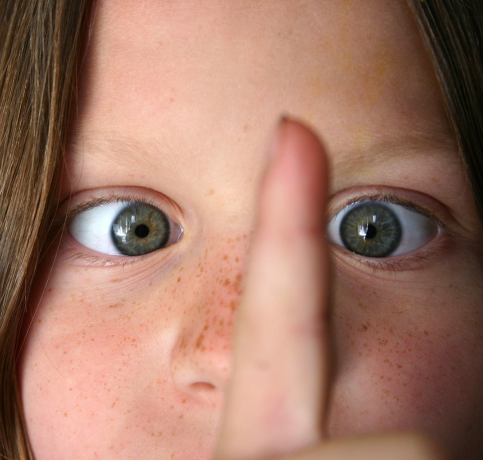
Myth: Children will outgrow crossed or misaligned eyes. Facts
Children don’t outgrow crossed eyes(squint), A child with squint may develop lazy eye, which is poor vision in one eye. An ophthalmologist should examine eyes. Crossed or misaligned eyes can be straightened by using glasses, eye drops, or surgery.
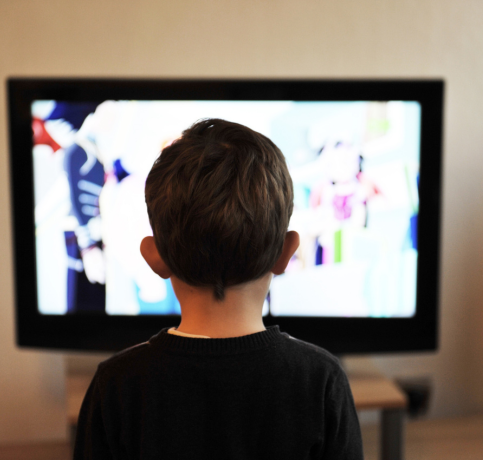
Myth: Sitting too close to the television or holding a book too close to your eyes will strain or damage your eyes Fact
Children can focus up close without eyestrain better than adults can. Children develop the habit of sitting too close to the television or holding a book too close. This will not damage their eyes. This habit often disappears as the child grows older. Children who are nearsighted often sit close to the TV to see the images better. Poor vision sits close to television to magnify the images. Their eyes cannot be strained, although their eye muscles may become strained. Hence, the person should take a break from watching television for a few minutes.
